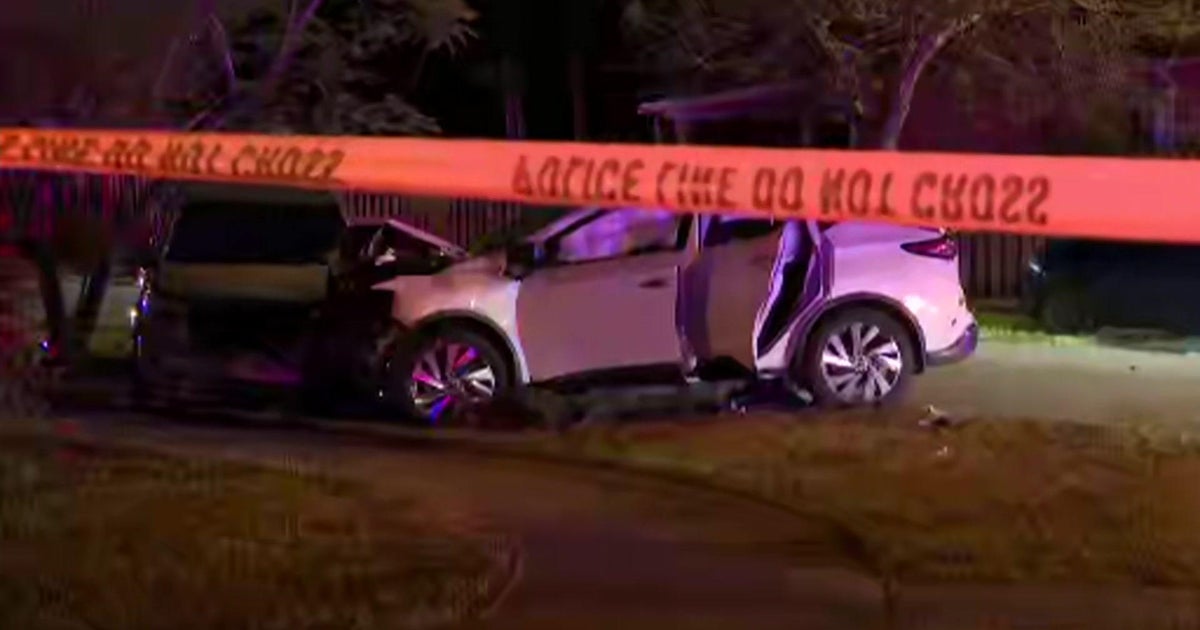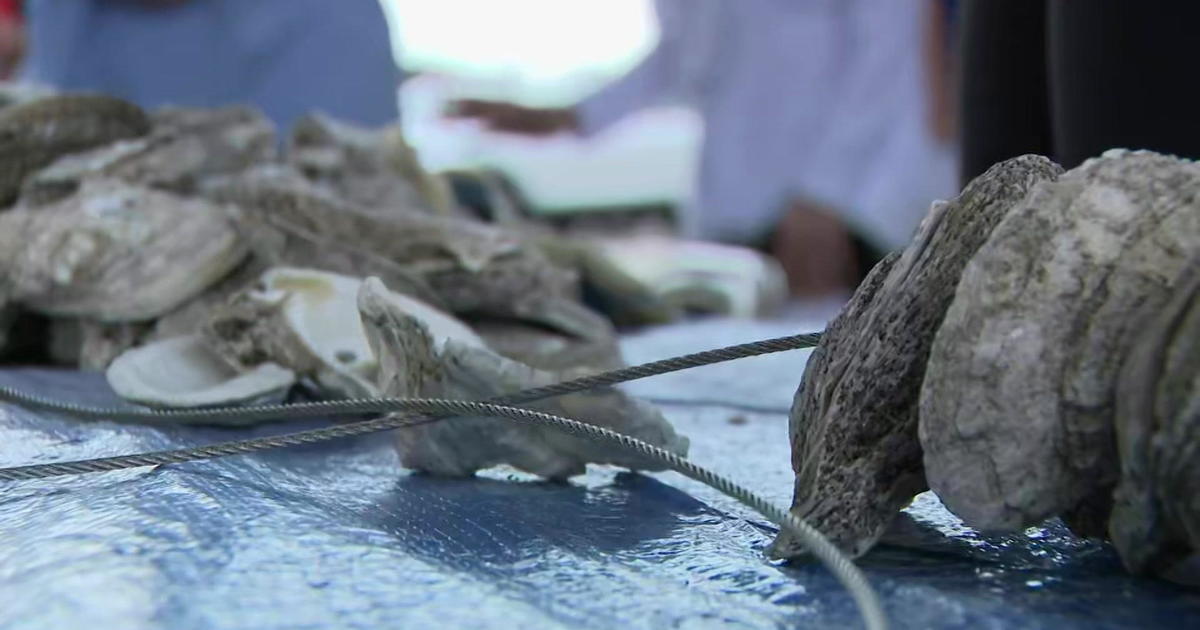Focusing On You: Cardiac Care At The University Of Miami Health System
Dr. Robert Myerburg is a cardiac electrophysiologist at UHealth, the University of Miami Health System. To make a cardiology appointment, call 305-243-5554. Click Here for more about sudden cardiac death, visit the University of Miami's health news blog.
ESPERANZA'S STORY
Esperanza Perez was visiting her daughter in San Francisco when she collapsed suddenly while out to dinner. One minute she was enjoying a glass of wine, the next she was unconscious. A nurse at a neighboring table came to Esperanza's aid by performing CPR while her stunned family members waited for the paramedics to arrive. Quick responses from the nurse and the fire rescue team saved Esperanza's life.
Different than a massive heart attack, cardiac arrest is a sudden cessation of the heart beat – often due to a disturbance in the rhythm of the heart – that results in complete loss of consciousness. Half of cardiovascular deaths fall into this category, and half of sudden cardiac deaths are first time the patient has ever experienced a cardiac event. Nine out of 10 people who experience it die with little warning.
"Thankfully I went to California, because if I had been at home that day, I would probably not be here," says Esperanza, who lives in Miami.
Esperanza left California with an implantable defibrillator, but no clear explanation for what had caused her collapse. When she returned home, Dr. Robert Myerburg, a cardiac electrophysiologist at University of Miami Health System, helped her delve deeper into her family history for clues. Esperanza's grandmother died suddenly with no discernible cause, her mother had a heart arrhythmia, and her brother also survived a cardiac arrest. This new knowledge of similar cardiac events in family members, or "familial clustering," led Dr. Myerburg to recommend genetic testing.
With genetic testing, the pieces of Esperanza's family puzzle came into clearer view. "The results of her test revealed a gene unique to her family that has never been reported before," says Dr. Myerburg. "We have a gene that set the stage for her cardiac arrest."
Doctors can use the gene as a tool to help identify members of Esperanza's family who are at risk for cardiac arrest (those that carry the abnormal gene) and those who can be reassured that they are not at increased risk (those that do not carry the abnormal gene).
For the abnormal gene in her family, as for most genes in the sudden death category, there is a 50 percent chance it will be passed from a carrier to their offspring. "Once you identify a gene that's responsible for an issue, kin can be tracked over future generations; that's how we identify individual risk among family constellations," says Dr. Myerburg.
Genetic testing is not recommended for all cardiac patients, but for those who have had multiple events in their family, it could be illuminating. "In Esperanza's case, the value of genetic testing is only intellectual – we know what happened to her, and she was properly treated," says Dr. Myerburg. "But for her family members, it's very valuable…there's so much we can do to monitor their risk and implement appropriate treatment for prevention of cardiac arrest."
FOCUSING ON YOU
Focusing on You: Innovations in Modern Medicine is a series of healthcare-related stories airing regularly on CBS-4. For more stories like this one, visit YouTube channels for UHealth, the University of Miami Health System.
Above content provided by UHealth, the University of Miami Health System



